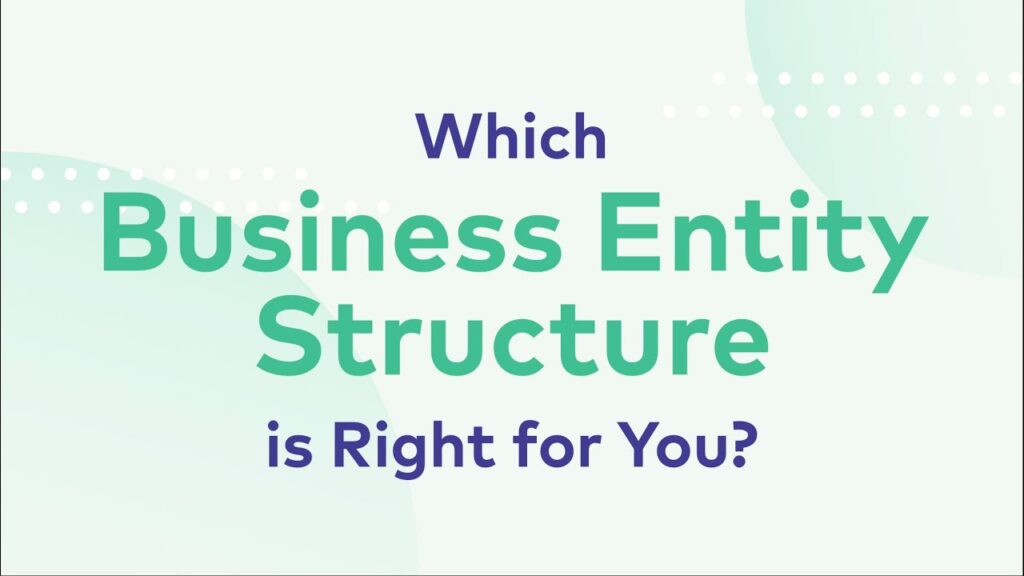Comparison of various form of entities when starting new business
Entity types
Before starting a new business, there are numerous decisions to be made. One of the first decisions is deciding the legal form in which you will operate your business. Each type of business has both advantages and disadvantages, and you must carefully consider how each entity type will work with both your personal and business plans.
Sole proprietorships are the easiest and least expensive business entities to set up. They can be operated with few formalities. One disadvantage, however, is that they offer no personal liability protection. In addition, many of the tax benefits that are available to corporations are not available to sole proprietors.
Partnerships are similar to sole proprietorships, but they allow the business to be owned and operated by more than one person. Limited partnerships may protect some partners from personal liability, but limited partners may not be actively involved in the day to day management of the business.
Limited liability companies (LLCs) are a relatively recent addition to the various business entity types. They are generally taxed as partnerships, avoiding corporate income tax, and are protected from personal liability from business creditors.
S corporations offer liability protection without paying corporate tax. Shareholders pay income tax on their wages and net income passed through to them from the corporation. A disadvantage is that over 2% shareholders are ineligible for tax-favored fringe benefits. In addition, since there are limits on the number of shareholders, the growth potential and access to capital may be limited.
C corporations are subject to double taxation. The profit is taxed at the corporate level, and any profit distributed as dividends to shareholders is taxed to the shareholder. However, if the profits are reinvested into the corporation, the tax is usually lower than with an S corporation. An advantage of this type of business entity is that shareholders who are also employees qualify for corporate tax-favored fringe benefits such as medical insurance and group-term life.
Once you decide what type of business entity to use for your business, you need to plan for your income and payroll tax reporting, budgeting, startup costs, retirement plan, and whether you will hire employees or independent contractors.
For more information on various entity types visit IRS website:
https://www.irs.gov/businesses/small-businesses-self-employed/business-structures



